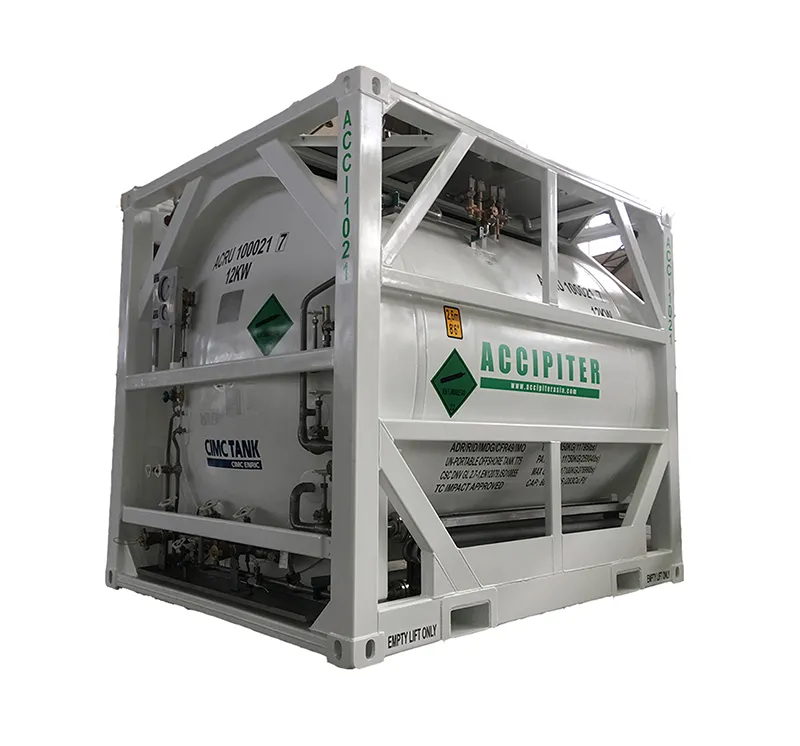What is an Industrial Tank Called?
An industrial tank, commonly referred to as a storage tank, is a large container used for storing various types of liquids and gases in industrial settings. These tanks are designed to handle a wide range of substances, including water, chemicals, petroleum products, and gases, catering to the needs of numerous industries such as manufacturing, energy, and agriculture.
Types of Industrial Tanks:
Above-Ground Storage Tanks (AST): These tanks are installed above the surface and are used for storing liquids like water, chemicals, and petroleum products. They are easily accessible for maintenance and inspection.
Underground Storage Tanks (UST): These tanks are buried below the ground and are commonly used for storing fuels and hazardous liquids to minimize the risk of spills and environmental contamination.
Cryogenic Tanks: Designed to store extremely low-temperature liquids like liquefied natural gas (LNG) and liquid nitrogen. They feature advanced insulation to maintain the low temperatures required for these substances.
Pressure Vessels: Used to store gases and liquids under high pressure. These tanks are designed to withstand significant internal pressure and are often used in chemical and petrochemical industries.
Silo Tanks: Tall, cylindrical tanks used primarily in agriculture for storing bulk materials like grain, feed, and other dry goods.
Materials Used in Industrial Tanks:
Steel: Known for its strength and durability, steel is commonly used for tanks that store chemicals, petroleum products, and other industrial liquids.
Fiberglass: Lightweight and corrosion-resistant, fiberglass tanks are often used for storing water and certain chemicals.
Polyethylene: A versatile plastic material used in the manufacturing of tanks for storing water, chemicals, and food products due to its resistance to corrosion and chemicals.
Applications of Industrial Tanks:
Water Storage: Used by municipalities and industries to store potable water, wastewater, and process water.
Chemical Storage: Essential for industries that require the storage of acids, bases, and other hazardous chemicals.
Fuel Storage: Utilized by the energy sector for storing petroleum products, including crude oil, gasoline, and diesel.
Agricultural Storage: Important for storing fertilizers, pesticides, and harvested crops.
Benefits of Industrial Tanks:
Efficient Storage: Provide large-scale storage solutions for various industrial needs.
Safety: Designed with safety features to handle hazardous and flammable substances securely.
Durability: Built to withstand harsh industrial environments and prolonged use.
In conclusion, industrial tanks are vital components in numerous industries, offering efficient, safe, and durable storage solutions for a wide range of liquids and gases. Their design and material selection are crucial in meeting the specific needs of different applications, ensuring operational efficiency and safety.
If you have any questions about industrial gas tank or new energy transportation related questions, you can contact us and CIMC Enric will provide you with detailed answers!

评论
发表评论